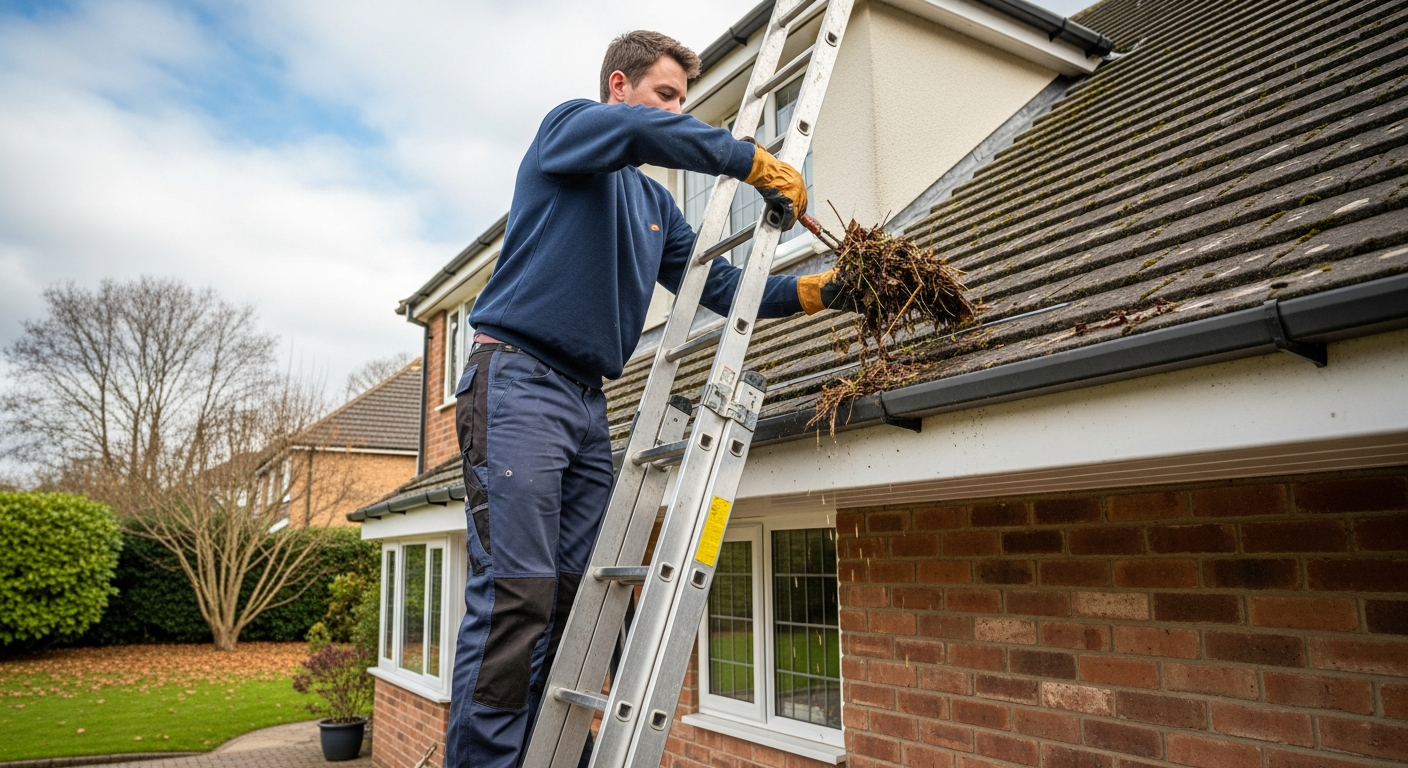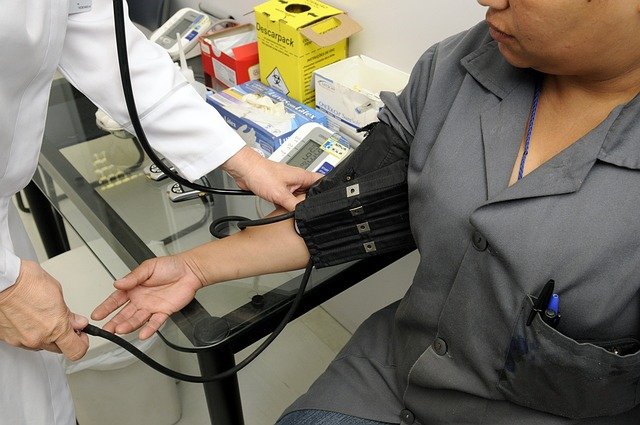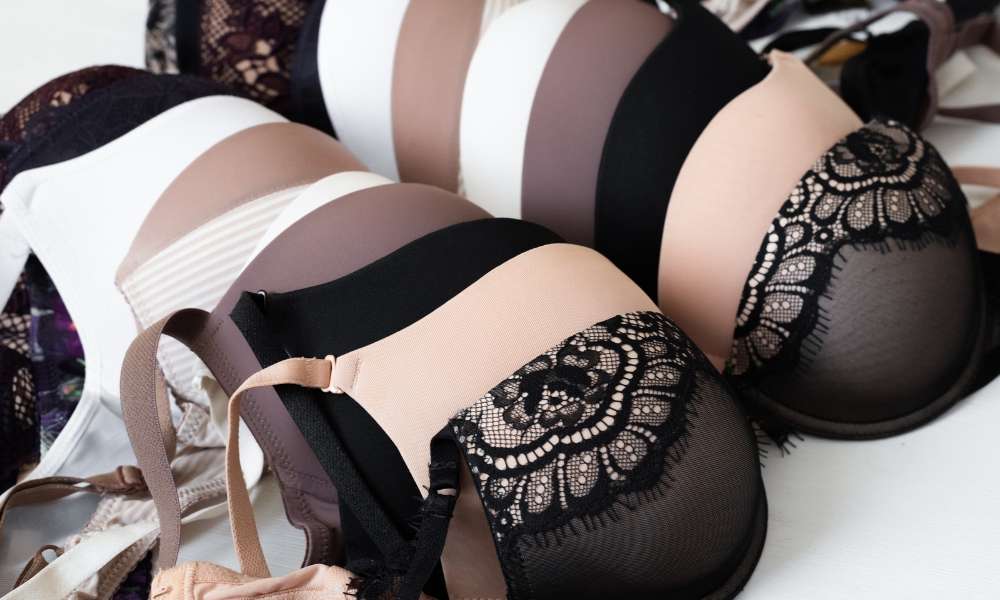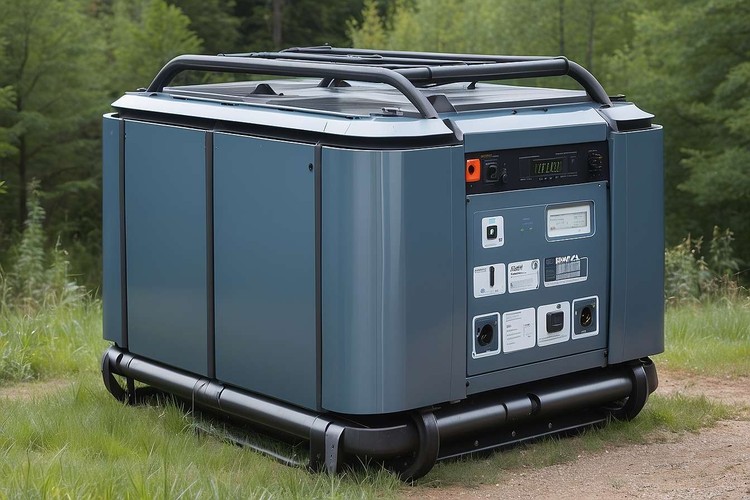Discover Flexible Financing for Eco-Friendly E-Bikes in Ireland
Thinking about an e-bike but want to spread the cost? In Ireland, flexible financing choices—from Buy Now Pay Later plans to personal loans and the Cycle to Work salary-sacrifice scheme—can help you budget for a low-emission commute. This guide explains how each option works, what to check before applying, and how to estimate repayments responsibly.
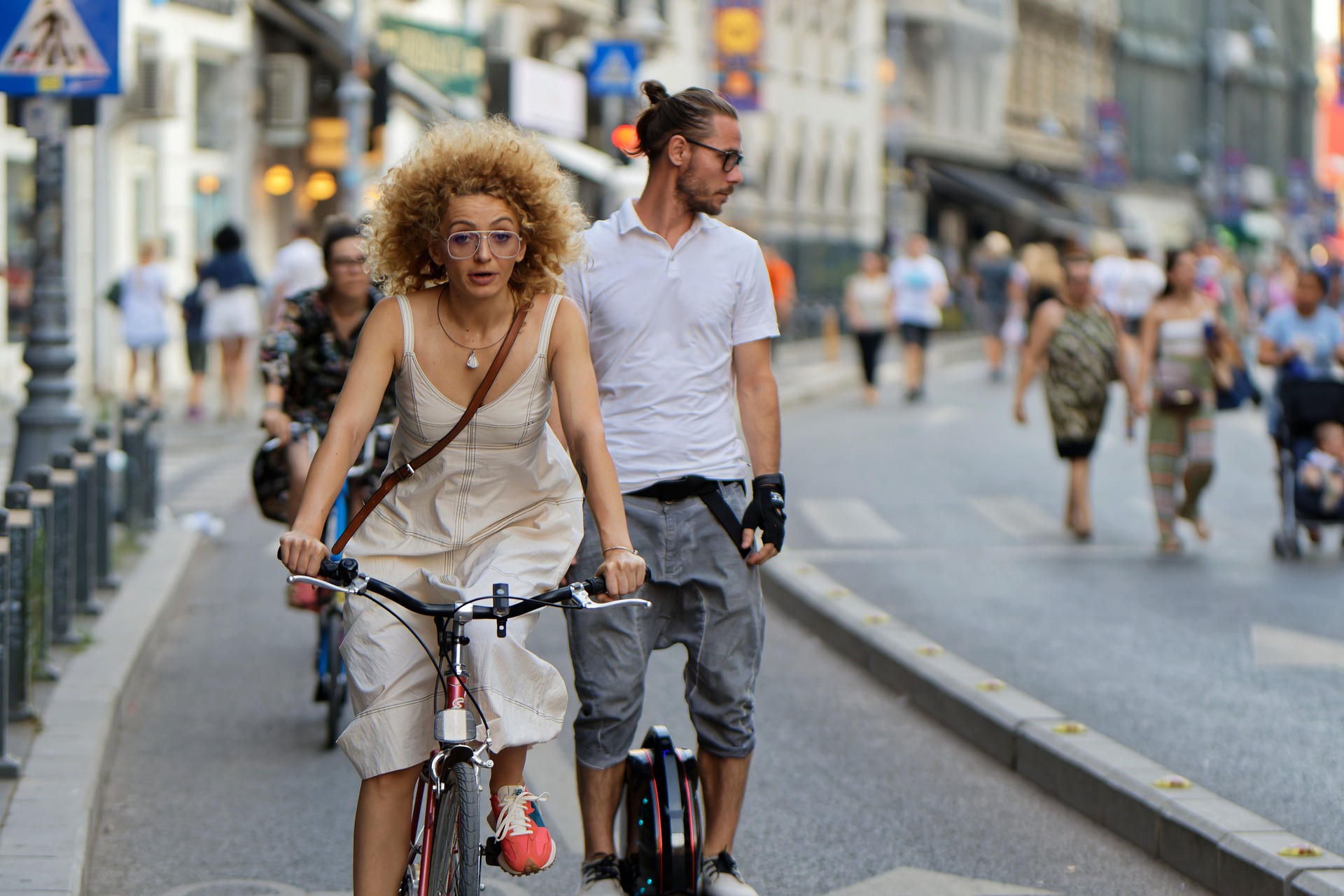
Switching to an electric bicycle can cut travel time, reduce transport costs, and lower emissions, but the upfront price can feel daunting. Irish buyers increasingly use pay-over-time options to make the purchase manageable without compromising on quality or safety. From merchant-backed Buy Now Pay Later services to bank loans and the Cycle to Work scheme, there is more than one way to finance an eco-friendly ride. Understanding how each route affects total cost, cash flow, and ownership will help you choose a plan that fits your needs.
Buy Now Pay Later Bicycles Ireland: how it works
Buy Now Pay Later (BNPL) lets you split an e-bike purchase into scheduled instalments. In Ireland, BNPL is typically offered at the checkout by participating bike shops through a finance partner. You’ll apply online or in-store, receive a decision quickly, and—if approved—pay an upfront deposit or a first instalment followed by fixed payments. Terms vary by retailer and finance partner, with some short-term offers carrying promotional interest rates and longer terms charging interest and fees. BNPL is a form of credit, so missed or late payments can incur charges and may affect your credit record. Always read the term length, fees, and the policy for refunds or returns before committing.
Buy an E-bike on Account Ireland: eligibility and checks
“On account” typically means opening a finance account with a lender connected to the retailer, so you can complete the purchase and pay it down over time. You’ll usually need to be 18+, reside in Ireland, provide valid ID and proof of address, and pass affordability checks. Lenders may run a soft or hard credit check depending on the plan. Some retailers request a deposit, and credit limits depend on your profile. Ensure the account terms match your budget: look for the total cost of credit, the instalment schedule, any setup or account-keeping fees, and what happens if you cancel or return the bike. Keep copies of all agreements and confirm how warranties and repairs are handled when a purchase is financed.
Buy Now Pay Later Bicycle Ireland: pros and cons
Spreading the cost can make higher-quality, safer e-bikes accessible without a large upfront outlay. Advantages include predictable monthly payments, potential interest-free promotions, and quick approval processes. However, there are trade-offs: interest or fees may apply, promotional terms can change, and missing a payment can be expensive. BNPL availability also depends on the retailer network in your area, so choice might be limited compared with a general-purpose personal loan. If you plan to combine financing with the Cycle to Work scheme, check that the retailer supports both and confirm how invoices and payroll deductions will be handled.
Budgeting for the total cost of ownership is just as important as the ticket price. In Ireland, many commuter-ready e-bikes land between roughly €1,200 and €3,500, with cargo models higher. Factor in essentials such as lights, locks, helmet, mudguards, racks, and insurance, plus ongoing maintenance like brake pads, tyres, and an occasional service. Batteries typically last several years but may eventually need replacement, which adds to long-term costs. The Cycle to Work scheme can reduce the effective cost through salary sacrifice, subject to caps and eligibility rules, but you should still plan for accessories and servicing.
Pricing and provider comparison can help frame your budget. To keep estimates consistent, the examples below assume €2,000 financed. For BNPL-style plans we show an indicative 12-month term; for personal loans we show 24 months. Actual offers vary by retailer, lender, credit profile, and fees.
| Product/Service | Provider | Cost Estimation |
|---|---|---|
| BNPL at participating bike shops | humm (via partner retailers such as Cycle SuperStore, GreenAer) | €2,000 over 12 months: approx €167/month with a 0% promotion if available; around €174–€178/month at 8–12% APR, plus any fees. |
| Personal loan | AIB | €2,000 over 24 months: roughly €90–€95/month at representative 8–12% APR. |
| Personal loan | Bank of Ireland | €2,000 over 24 months: roughly €90–€95/month at representative 8–12% APR. |
| Personal loan | An Post Money | €2,000 over 24 months: roughly €92–€98/month depending on APR and profile. |
| Credit union loan | Local credit union | €2,000 over 24 months: roughly €89–€92/month where APRs are around 6–9%, varies by credit union. |
| Salary sacrifice (tax-efficient) | Cycle to Work scheme | For €1,500 over 12 months, net payroll deduction can be significantly lower than retail cost and depends on your tax band; exact figures vary by income and employer setup. |
Prices, rates, or cost estimates mentioned in this article are based on the latest available information but may change over time. Independent research is advised before making financial decisions.
Choosing a plan in your area
Start by confirming which retailers near you offer finance through a recognised partner and whether they also support the Cycle to Work scheme. Compare total cost of credit rather than only the monthly figure: include interest, any setup or account fees, and late-payment charges. Check return policies for financed items, warranty coverage on motor and battery, and whether servicing is available locally. If you value brand and after‑sales support, weigh a retailer’s workshop capacity and parts availability alongside price.
Responsible use and consumer protections
Borrow only what you can comfortably repay and set up automatic payments to avoid missed instalments. Review cooling‑off rights, early settlement rules, and how refunds affect a live finance agreement. Keep documentation of quotes, invoices, and the finance contract. For peace of mind, consider adding the bike’s frame and battery serial numbers to your records and arrange suitable locks and insurance. If something feels unclear, seek clarification from the retailer or lender before signing so you fully understand commitments and costs.
In Ireland, flexible financing can make an e-bike purchase practical without overextending your budget. Whether you prefer a simple BNPL plan at a local shop, a personal loan with predictable terms, or tax-efficient salary sacrifice through the Cycle to Work scheme, comparing total cost, fees, and support will help you select an option that balances affordability, reliability, and long-term value.

